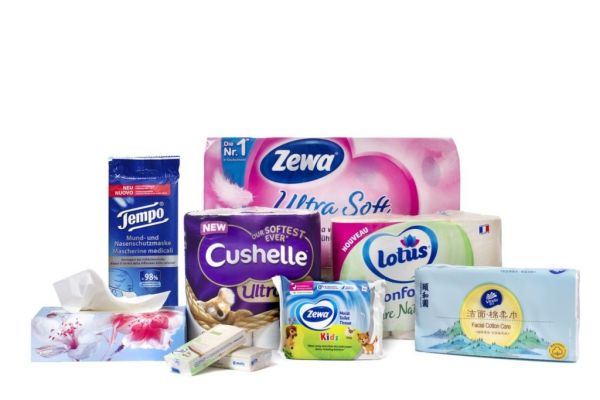Reynolds American Inc., the maker of Camel cigarettes, has explored the purchase of Lorillard Inc. for several months and found its efforts so far stymied by the complexity of a potential agreement, people with knowledge of the matter said.
Reynolds’s largest shareholder, British American Tobacco Pl, has been involved in the on-again, off-again talks, the people said, asking not to be identified discussing private information. BAT is weighing options such as increasing its stake in Reynolds or funding Reynolds’s purchase of Lorillard, and hasn’t yet decided what it wants to do, one person said.
The talks have fallen apart on several occasions, with three companies involved and antitrust implications to consider complicating a potential deal, the people said. Deterrents also include Lorillard’s price, which has increased by almost a fifth this year, and BAT’s efforts to sell some of its own brands, one of the people said.
BAT has agreed not to increase its stake in Reynolds, without the approval of Reynolds’s board, until July.
Reynolds and Lorillard are the biggest sellers of tobacco in the US after Altria Group Inc. (MO), and a deal would combine Reynolds brands such as Camel and Pall Mall with Lorillard’s Newport and Maverick. Newport is the nation’s top-selling menthol cigarette, which is popular in urban areas.
Stock Jumps
Lorillard’s shares jumped earlier this week after Reuters reported that talks between the companies are at an advanced stage. Greensboro, North Carolina-based Lorillard has a market capitalization of $21.6 billion, while Reynolds is valued at $31.4 billion.
Reynolds declined 2.1% to $58.53 yesterday in New York, while Lorillard dropped 5% to $59.51. BAT shares fell 0.1% to 3,538 pence at 8:20 am in London today.
Standard & Poor’s Ratings Services responded to the takeover speculation by placing Lorillard and Reynolds on a negative credit watch. It will review the companies and may lower their ratings to junk status.
“We believe a sizable amount of the potential purchase price, which may exceed $25 billion, will be financed with debt,” Gerald Phelan, an S&P analyst in Chicago, said in a report. The increased borrowing may lead to a deterioration of Reynolds’s credit ratios, he said. The two companies currently have a credit rating of BBB-, the lowest investment grade.
The Financial Times reported in March that Reynolds was exploring a deal, and merger speculation has propelled both stocks this year.
Months Away?
No transaction is imminent and any such deal is likely to be months away, one of the people said. Spokesmen for Lorillard, Reynolds and BAT all declined to comment.
Shrinking US demand for cigarettes is putting pressure on tobacco companies to team up. Cigarette shipment volumes fell by a median of 2.9% among the industry’s top US companies, according to data compiled by Bloomberg Industries. While electronic cigarettes offer a growth opportunity, that market is still young and faces mounting regulation.
BAT, based in London, owns 42% of Reynolds. The agreement keeping the British company from increasing its stake dates back to the 2003 merger of RJ Reynolds Tobacco Holdings Inc. with Brown & Williamson Tobacco. Its expiration could open the door to the companies working closer together amid a broader push for industry consolidation.
Huge Opportunity
“We don’t know precisely what, if any, transaction could emerge,” Adam Spielman, an analyst at Citigroup Inc. in London, said in a note. “But we suspect that assuming one does, it will be advantageous for BAT.”
Lorillard was founded in 1760 and calls itself the oldest continuously operated tobacco company in America. Aiming to capitalize on e-cigarette growth, the company acquired Blu eCigs in 2012 and Skycig in 2013. Blu has about 40 percent of the US e-cigarette market.
Combining with Winston-Salem, North Carolina-based Reynolds would bring a huge opportunity to cut costs, Ken Shea, an analyst for Bloomberg Industries, said in an interview.
“Think about all the redundancy of activities, whether it’s sales, manufacturing, the overhead,” he said. “There is just so much obvious synergy between these two companies.”
Bloomberg













